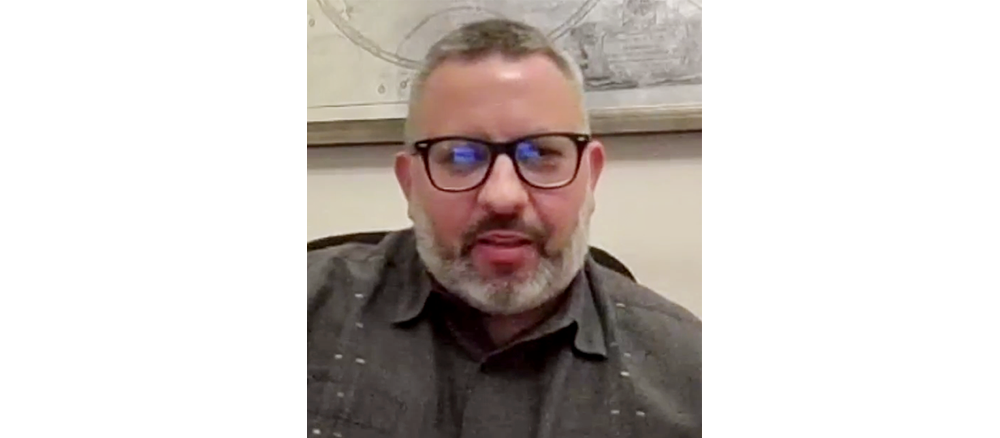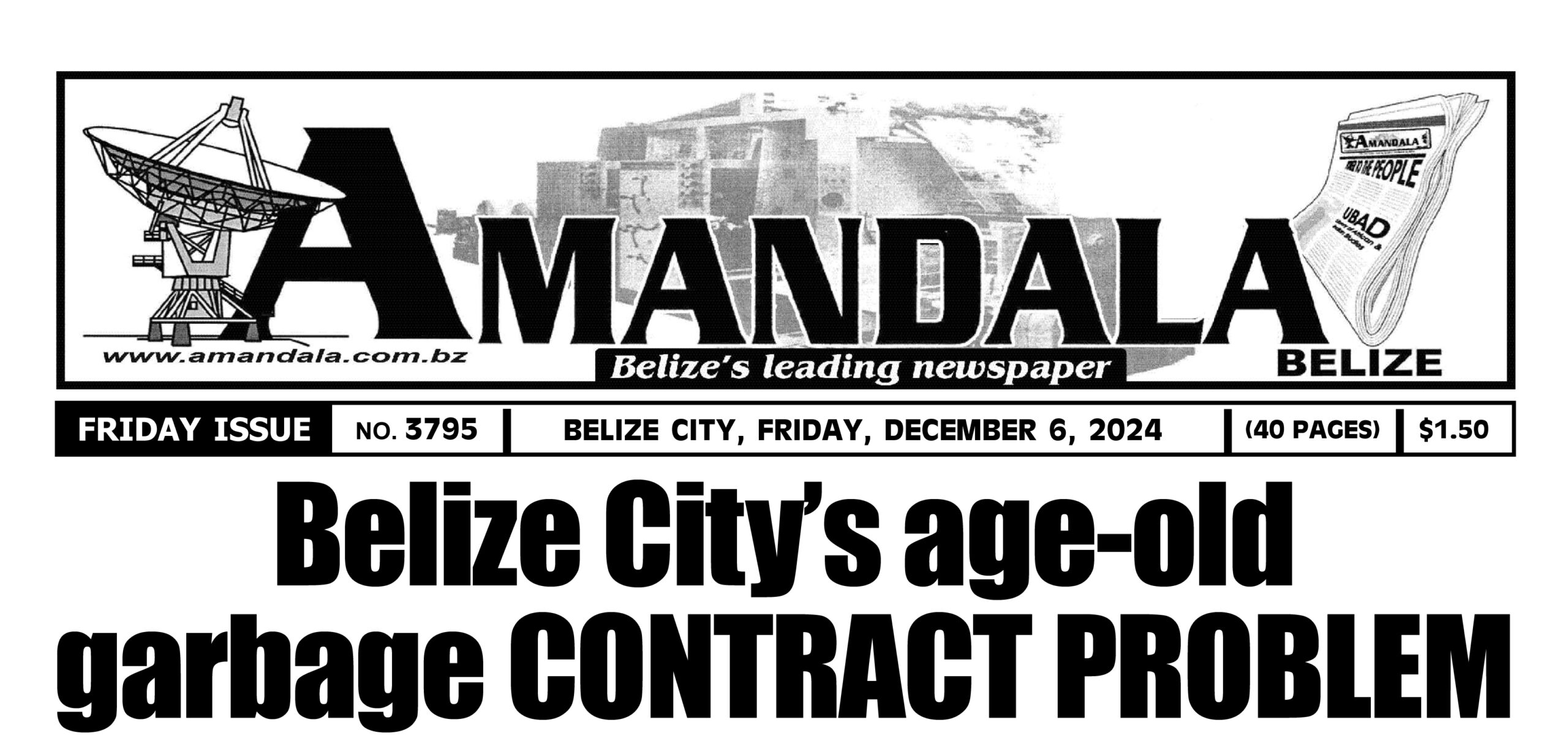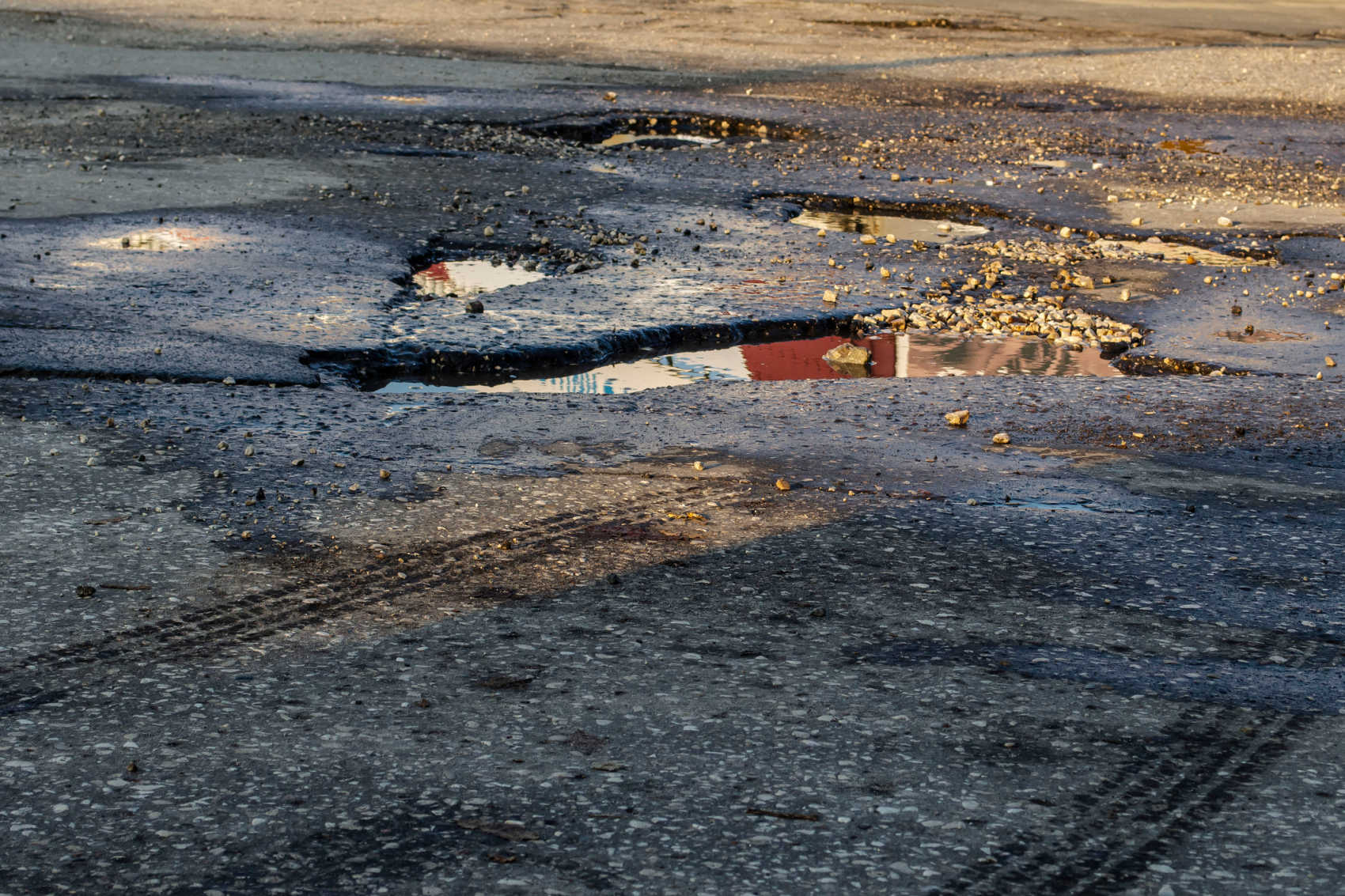

Photo: Hon. Kareem Musa, Minister of Home Affairs
BELMOPAN, Thurs. Nov. 28, 2024
The Firearms and Ammunition Control Board (FACB) held its inaugural meeting on January 5 this year with the supporting legislation being enacted in November 2023. Prior to the establishment of the Board, the licensing authority was vested in the Commissioner of Police. Since its establishment, the FACB has implemented multiple changes to the firearms license application and approval process. The FACB has been working diligently to ensure accountability, and proper oversight is imbued in the system. On Thursday, November 28, the Ministry of Home Affairs held a first of four webinars with the goal of educating the public on firearms management, regulatory best practices and public safety. It was co-hosted by two of the three FACB members: Sharole Carr-Saldivar, the CEO in the Ministry; and Magistrate Mannon Dennison. The guest speakers were Minister Kareem Musa and Deputy Commissioner of Police, Bartholomew Jones.

Photo: (l-r) Magistrate Mannon Dennison, FACB Member; Deputy Comissioner of Police Bartholomew Jones and Ministry of Home Affairs CEO, Sharole Carr-Saldivar
During the first 2-hour plus session, the panellists focused on the role of the FACB in national security. Also discussed was how it all ties in to global security initiatives and regional collaboration through intelligence sharing, joint operations and streamlined border regulations to reduce firearms trafficking and cross-border crimes. In his keynote address, Musa discussed what he described as the profound impact of firearms management on national security and the importance of effective regulation. He highlighted the use in Belize of both legal firearms (by the security forces and for personal protection in high crime and rural areas), but also illegal firearms. Minister Musa emphasized that effective firearms management directly impacts crime prevention, public safety and the strength of law enforcement agencies, whereas increasing gun violence with illegal firearms “complicates law enforcement efforts to address criminal activities.” Musa described as their overall objective “the reduction of firearms availability to criminals.”
Musa outlined that firearms management includes improving firearms registration systems, the ability of authorities to track and manage firearms, and adequate training for the safe and responsible use of firearms. He explained that under the Firearms Act, Chapter 143 of the Laws of Belize, the licensing and registration system provides for only eligible and vetted individuals and entities to be approved to use firearms; and the law outlines handling, renewals and penalties. It also provides for the licensing of ammunition. Currently, up to 200 rounds are allowed for personal protection. In the case of individual firearm owners, they are required to keep firearms and ammunition stored separately when not in use.
Musa concluded that openness about the processes engenders public trust in the FACB, encourages cooperation and enhances confidence, as law abiding citizens observe that firearms owners are carefully vetted and monitored. As such, an objective of the FACB is to have regular updates and public outreach programs.
Turnaround time for gun license applications is two to three months
Magistrate Dennison presented on the regulatory framework and the application process. He shared that the Board can also investigate complaints which can result in a firearm license holder being relieved of it. In the long run, the FACB intends to develop a digital management system and digitize existing records.
The following are the types of licences that can be acquired: special protection, gun repair, sports hunter, farmers, shooting range, shooting club, firearm safety instructor, gun dealer, heirloom and carrier license. In the company category there is: Category A that allows the licensing of up to 10 firearms, Category B allowing up to 20 firearms, Category C allowing from 21 to 40, and Category D allowing 41 to 60. All application licensing fees and license types have remained the same after the introduction of the FACB. However, the Board intends to alter the definitions of some of the license types which they consider to be unclear. They also want to expand the limits in the company license category to take into consideration that security firms have become larger.
Apart from police stations, application forms for gun licenses are currently available at the Ministry of Home Affairs (until the FACB gets its own office) and on the Ministry’s website (homeaffairs.gob.bz). The form is now longer, as it has been made more comprehensive according to Dennison. Documentation required include a police record, certification from a firearms trainer (so far, 7 instructors have been certified by the FACB), two copies of a photo ID, proof of address, two letters of attestation (1 from a JP and the other from someone who is not an immediate family member), and a letter providing reasons as to why your application should be approved. In the case of companies, they must provide their business registration, trade license (where applicable), and certificate of good standing. Applications must be delivered to the FACB office at the Ministry at 1902 Constitution Drive, Belmopan. Dennison made reference to conducting “other checks, other investigations to make it more comprehensive, to make it more thorough.” CEO Carr-Saldivar explained that a mental health evaluation can be required if deemed necessary by the FACB. Once the vetting is complete, the application goes before the FACB for deliberation, and the applicant is informed in writing of the decision. Licenses are firearm specific. Alterations to firearms must also be approved by the Board.
Successful applicants have 30 days to acquire a firearm from an authorized gun dealer. They will then be accompanied with the firearm to a police station by a police officer or authorized carrier so that the firearm is inspected by a firearms clerk and relevant data recorded. The applicant then pays for the license (this is separate from the application fee). The license is then issued by the FACB after a second tier of data recording.
Unsuccessful applicants can appeal to the Minister of Home Affairs, and they can also go to the courts. Meanwhile, those whose licenses have been revoked have 12 months to sell their firearm to a license holder or a gun dealer. The FACB is currently renewing gun licenses for two years. In the future, the FACB plans to implement a periodic retesting requirement for gun owners to get additional training to then get recertified. The current turnaround period to get a firearms license is two to three months. The FACB intends to sign on more personnel to increase efficiency and possibly reduce the approval period to about one month. The FACB meets twice monthly.
There is a current moratorium in place for the issuance of .22 rifles until an audit is completed to determine what the status is in terms of circulation of these firearms.
The next webinar is scheduled for Thursday, December 5 at 6:30 p.m. and should be carried live on the Government Press Office Facebook page.




